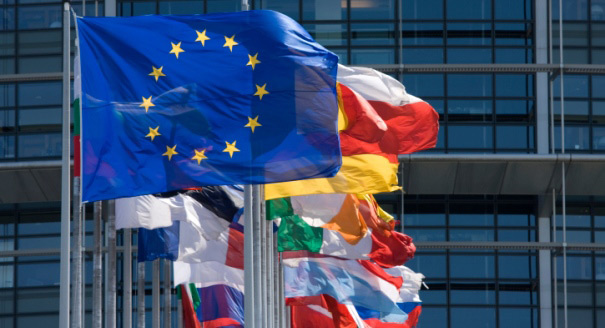Source: European Parliamentary Research Service
Executive summary
EU support to civil society in Turkey, Ukraine and Egypt has improved in recent years but now struggles to meet a series of new challenges. Funding for civil society in these three countries is now delivered with greater flexibility and to a wider range of recipients than previously.
Amounts allocated to civil society are significant, if rather modest as an overall share of the external financing instruments relevant to the three cases. Support to civil society actors has undoubtedly been valuable, even if it has not been sufficient to avoid complications to political reform in these three countries or to contribute in a major way to the EU’s stated strategic objectives.In Turkey and Egypt, external support has done little to temper government assaults against civil society. In both these cases, the EU has shown some creativity in an effort to circumvent the new obstacles to external support. Yet on-the-ground support has been effective only at the margins, not least because European strategic and diplomatic engagement in many senses now pulls in the opposite direction to the kind of reform objectives associated with civil society.
In Ukraine, the EU has helped foster an impressive degree of civil society dynamism and this has been a leading edge of the country’s reform process since 2014. At the same time, EU support to civil support has in other ways played into and magnified the shortcomings and imbalances of Ukraine’s reform process.
Neither radical simplification of the EFIs nor a dedicated civil society instrument would necessarily improve civil society support, and may involve serious drawbacks.
In re-designing its financing instruments the EU needs to find procedural ways of helping link civil society more effectively with other reform-oriented aid; support new civic actors; temper the current assault on civil society organisations; and establish more nuanced links between civil society and strategic goals.
The EU external financing instruments should be reformed with a number of considerations in mind:
- While the broad structure of the current financing instruments should not be changed with regards to this sector, the EU should consider introducing ways of cohering civil society organisation (CSO) support more tightly within this structure.
- The EFIs should be better designed to help linkages between CSO support and other areas of funding.
- Developing progress already made, the EFIs could still help add further flexibility to EU civil society support.
- The EFIs need to add elements more specifically aimed at protecting CSOs from the increased levels of repression they are today facing.
- The EU should broaden its CSO support beyond its traditional range of natural, pro-European partners.
- The EFIs should be reformed to help the EU identify and support new types of civil society actors beyond professional advocacy NGOs.
- The EFIs need better mechanisms to understand how CSO support feeds into overarching aims of the common foreign and security policy (CFSP).











